- Organizational assessment and improvement planning
- Strategic and operational planning
- Drafting of normative acts and internal organisational rules
- Impact assessment and risk mapping
- Organizational effectiveness and human resource efficiency
- Capacity building and human resource planning
- Business model transformation and change management
- Web development, digital transformation
- Data management and visualization
- Public communications
Organizational assessment and improvement planning
Organizational assessment is a systematic process of collecting and analyzing information about the organizational structure, processes, resources, culture, and performance of an organization. The result is a realistic picture of performance against set goals, mission, and vision, and identified deficiencies, opportunities, and risks on the basis of which improvements are planned.

Consolidated analysis of the organizational state of the Ministry of Defense.

Updated standards for conducting citizen consultations

Increasing the efficiency and optimising the structure of the Ministry of Ministry of Foreign Affairs
Strategic and operational planning
Strategic planning determines the development direction and the necessary allocation of resources to ensure progress towards this direction. The focus is on long-term, broad-ranging goals and the main approaches and actions that must be undertaken to achieve them.
Operational planning details the strategic plan into specific, implementable actions in the short term.

Latest assessment of the implementation of the National Regional Development Strategy for the period 2012-2022.

Ex-post evaluations of regional development plans (RDPs) 2014 – 2020
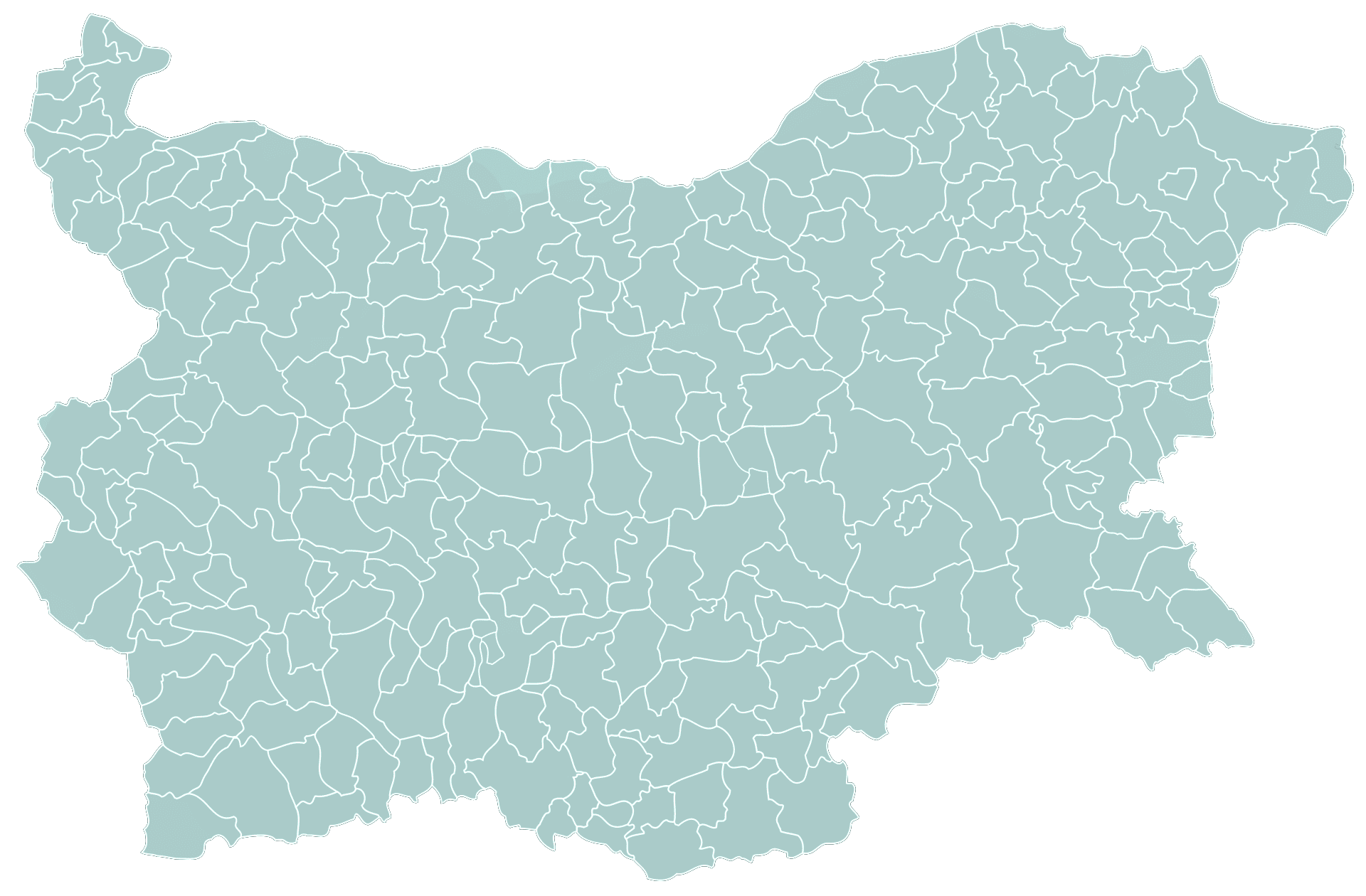
Integrated Development Plans for Municipalities for the Period 2021-2027
Drafting of normative acts and internal organisational rules
This offering includes creation, amendment and supplementing legal norms and rules regulating the functioning of organisations in the public and private sectors both at national (laws, regulations, rules) and organisational (policies, rules, procedures) level. The aim is to ensure legal compliance, set a clear framework for action and manage risks related to the legal environment

Technology roadmaps for the thematic areas identified in the Innovation Strategy for Smart Specialisation

Research and analysis of the new legislation in the field of accreditation

Legislative amendment to the legal framework of the National Culture Fund
Impact assessment and risk mapping
An impact assessment evaluates the potential positive and negative effects of a legislative proposal, policy, activity or project to enable informed decision-making. It assesses economic and social impacts, environmental impacts, human rights and data protection.

Comprehensive ex-ante impact assessment in relation to the regulation of key economic sectors

Comprehensive preliminary impact assessment of a draft data law

Analysis and impact assessment of the current legislation on the National Culture Fund
Organizational effectiveness and human resource efficiency
Organisational effectiveness examines the extent to which an organisation achieves its strategic and operational goals, reflects its overall health, and is a measure of long-term success. It measures financial, operational and human resources, customer-oriented efficiency, as well as the potential for innovation.
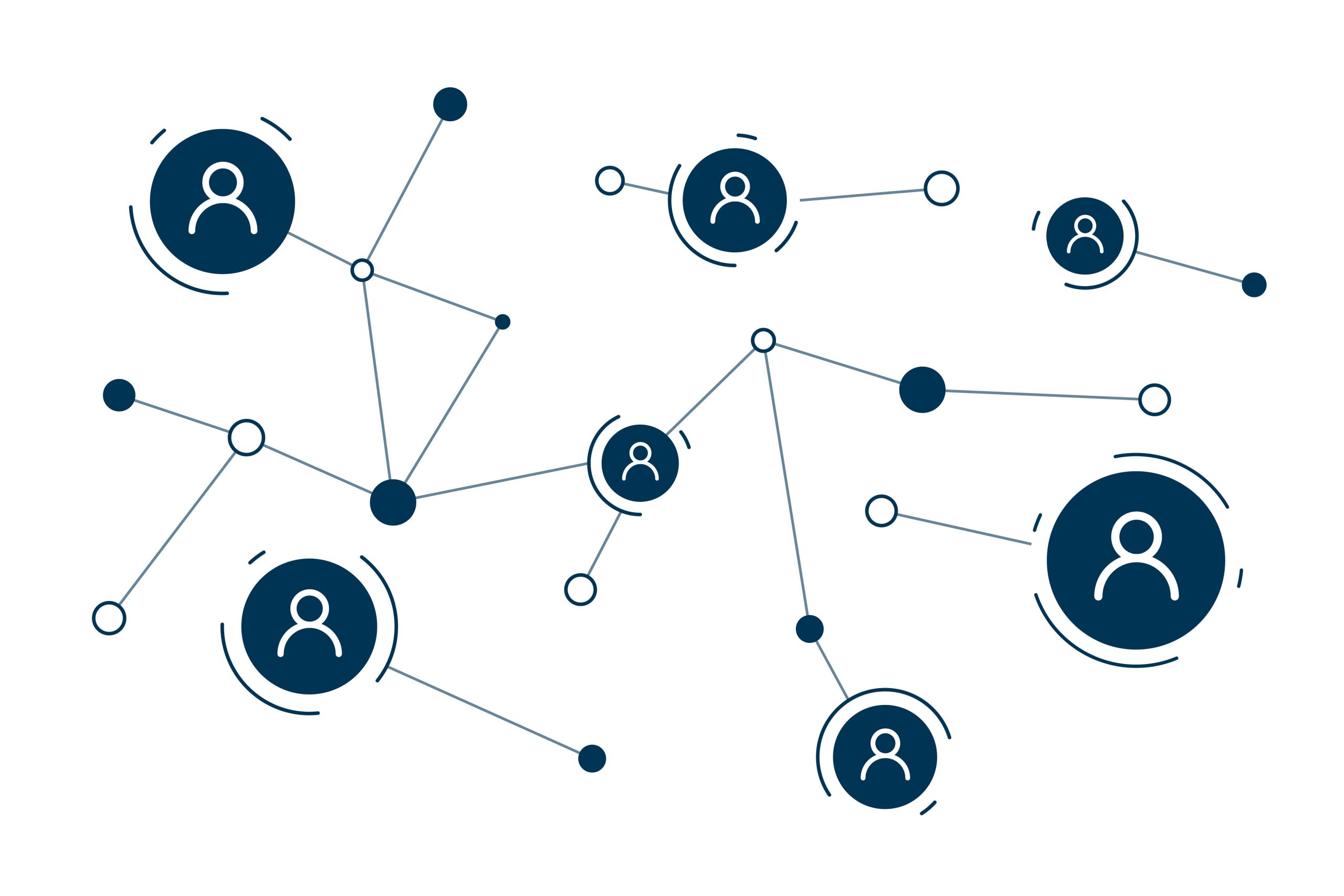
New organisational model of the National Association of Municipalities in the Republic of Bulgaria

Functional analyses

Maritime Affairs, Fisheries and Aquaculture Programme Evaluation Plan
Capacity building and human resource planning
This offering includes improving the capabilities and skills within an organisation to achieve better results and adapt to a changing environment. The focus is on developing the knowledge, skills, attitudes and behaviours necessary for the organisation’s success. The process involves systematically forecasting future human resource needs and developing strategies to meet these needs through workforce analysis, forecasting future staffing requirements and available skills, and planning recruitment, selection, training, development and retention activities.

Analysis of five competition sessions of the National Innovation Fund and assessment of the effect of implementation of the contracts

Training to improve the qualifications of the Operational Programme Technical Assistance Managing Authority’s employees

Study and evaluation of the European Employment Service (EURES) network
Business model transformation and change management
Business model transformation involves rethinking and changing fundamentally the way value is created, captured, and delivered to the organisation and the society. Transformation in this sense is not limited to improvements but introduces a radical modification of the basic logic of the actions./h5>
The need to transform business models often stems from regulatory changes, changing societal or market needs, declining efficiency, and increased competition.
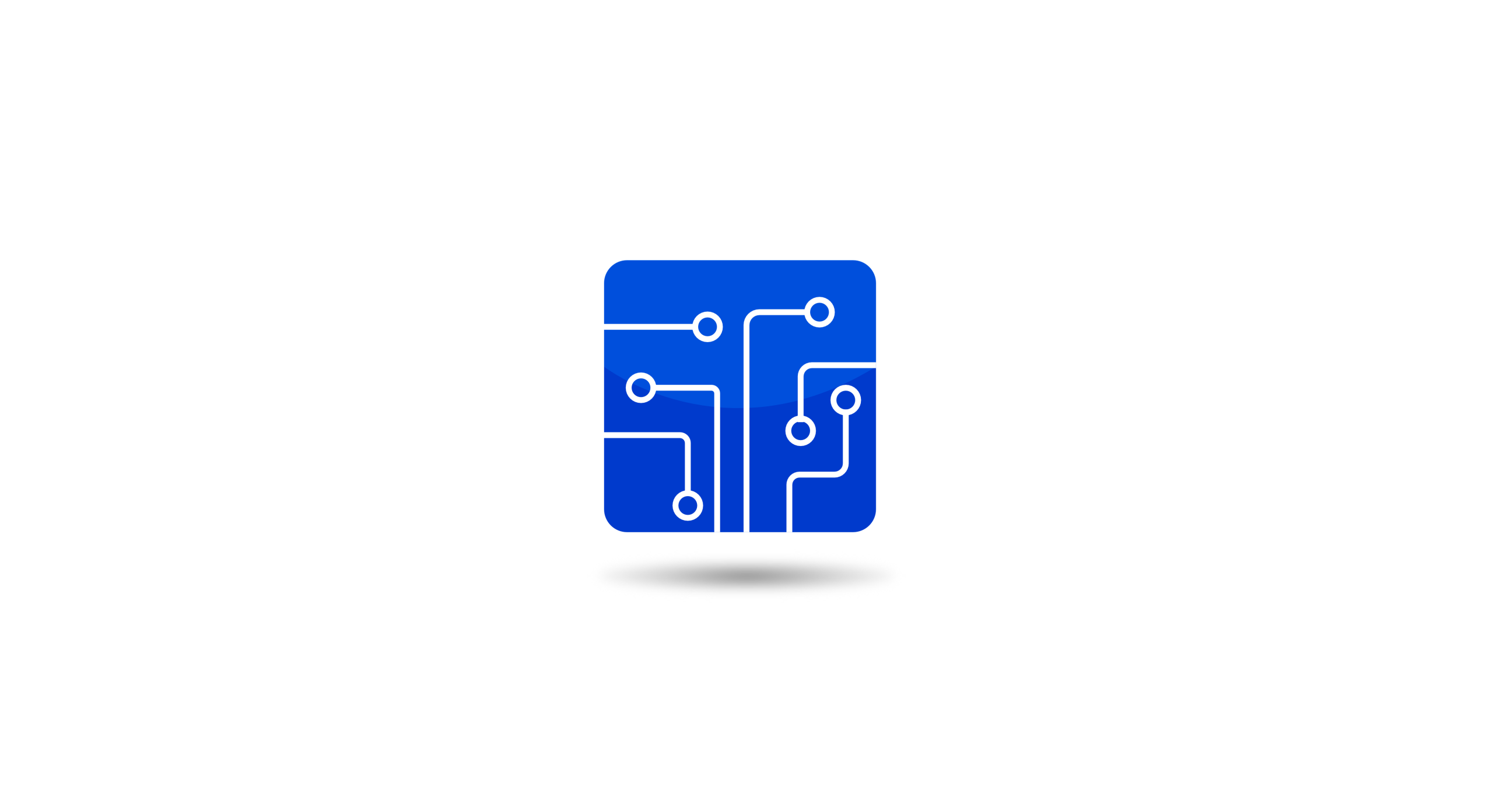
Technology audit of research and development capabilities in information and communication technologies (ICT)
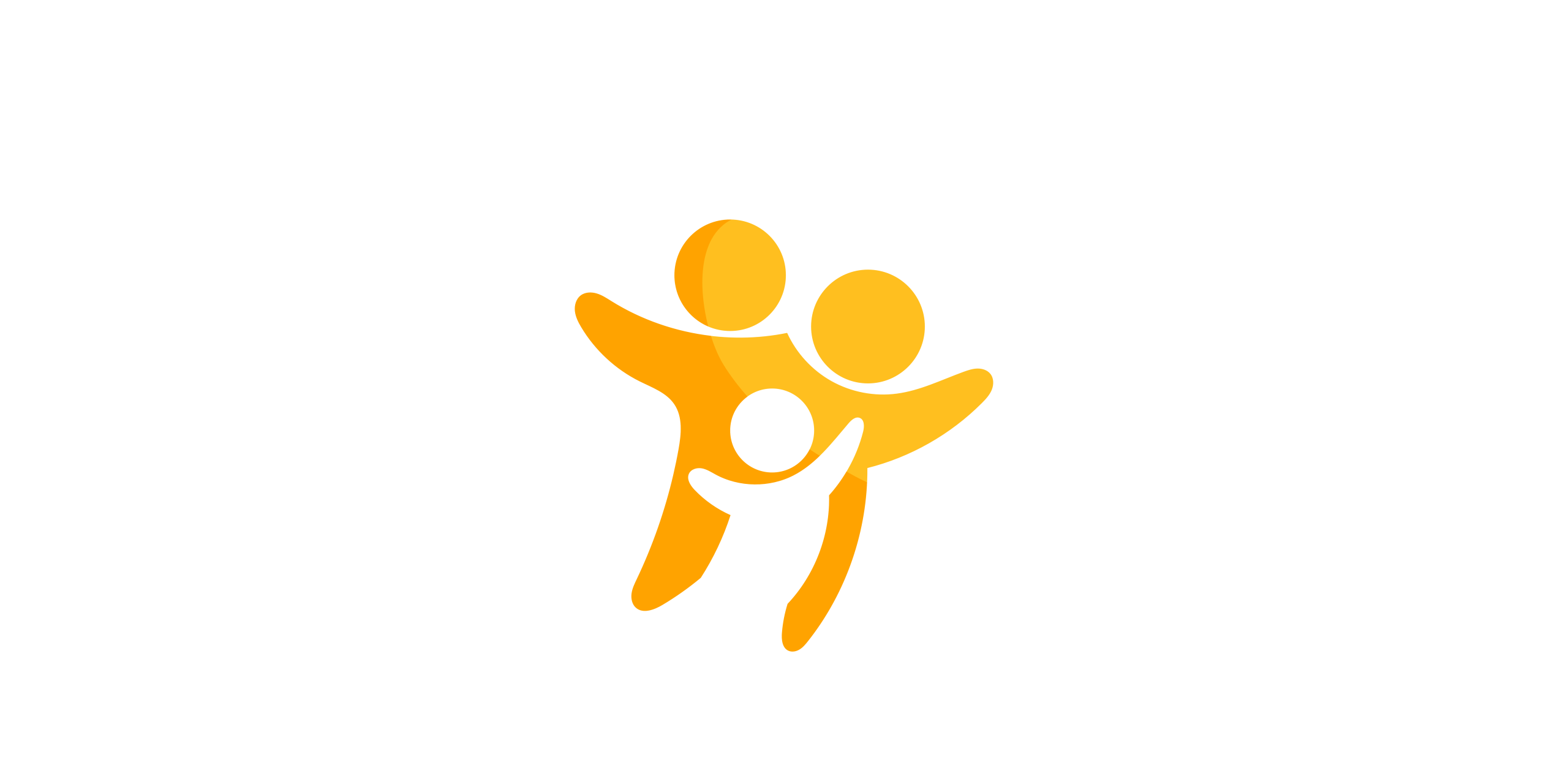
Evaluation of measures for deinstitutionalisation and promotion of social inclusion
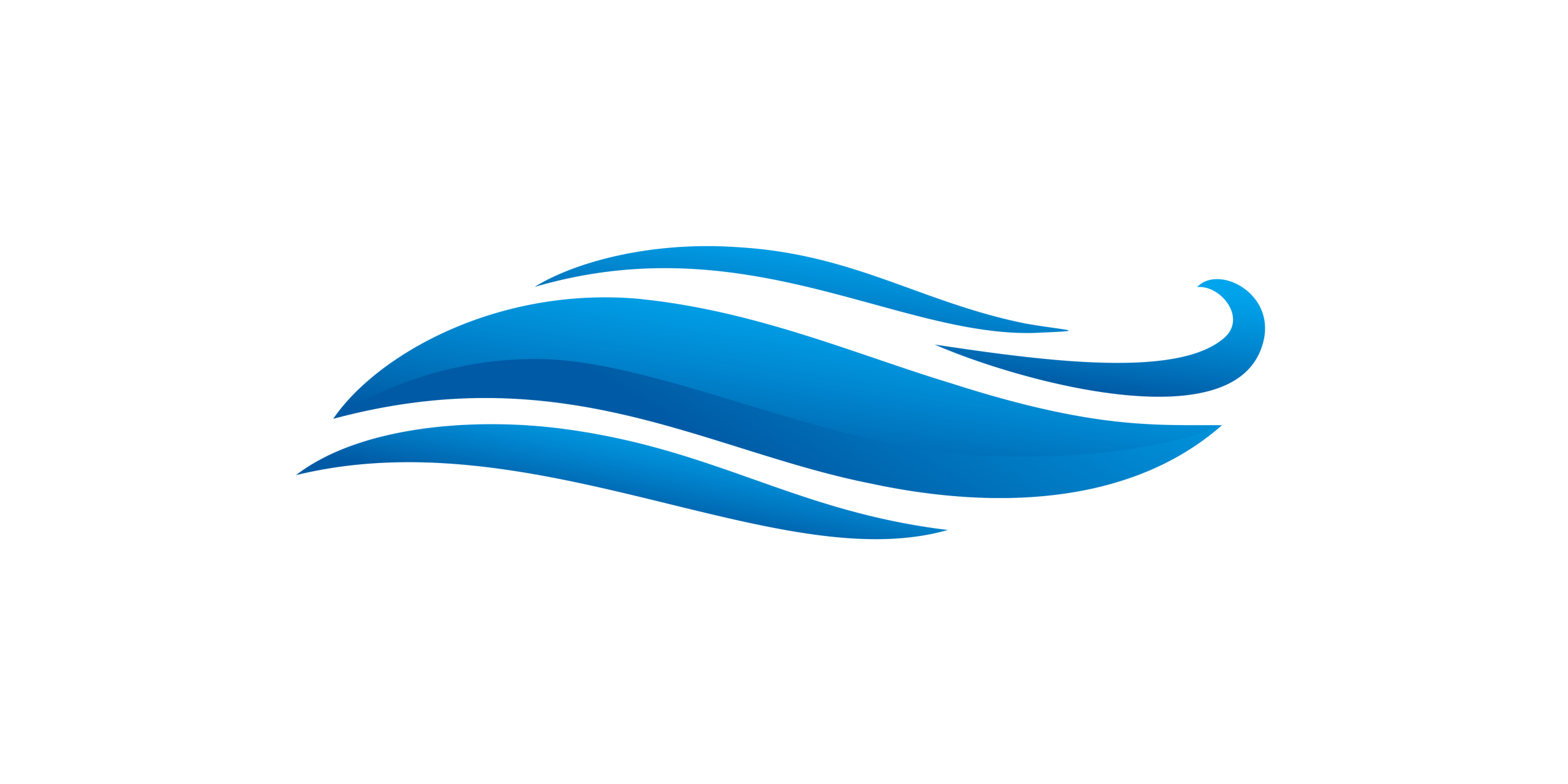
Development strategy of Danube bridge Vidin-Calafat AD for the period 2018-2025 and an accompanying business plan
Web development, digital transformation
Web development and digital transformation services create products for corporate, institutional and project presentation, databases and analytical systems with appropriate visualisations, training systems etc.
Leading open-source platforms and libraries are used, with an emphasis on information security and personal data protection.

Digital platform for analysis of potential drug interactions

Digital competency certification module

Design, development and implementation of a content management system and portal creation for the Ministry of Transport and Communications
Data management and visualization
The service involves systematic collection of information from various sources in order to discover significant facts and dependencies, support decision-making and achieve the set goals. The collected data undergoes a verification process to ensure accuracy, completeness, consistency and reliability.
Visualisation is a graphical presentation in the form of visual elements such as charts, graphs, maps, infographics which help make complex data easier to read and understand, detect trends, patterns, anomalies, and effectively communicate results.
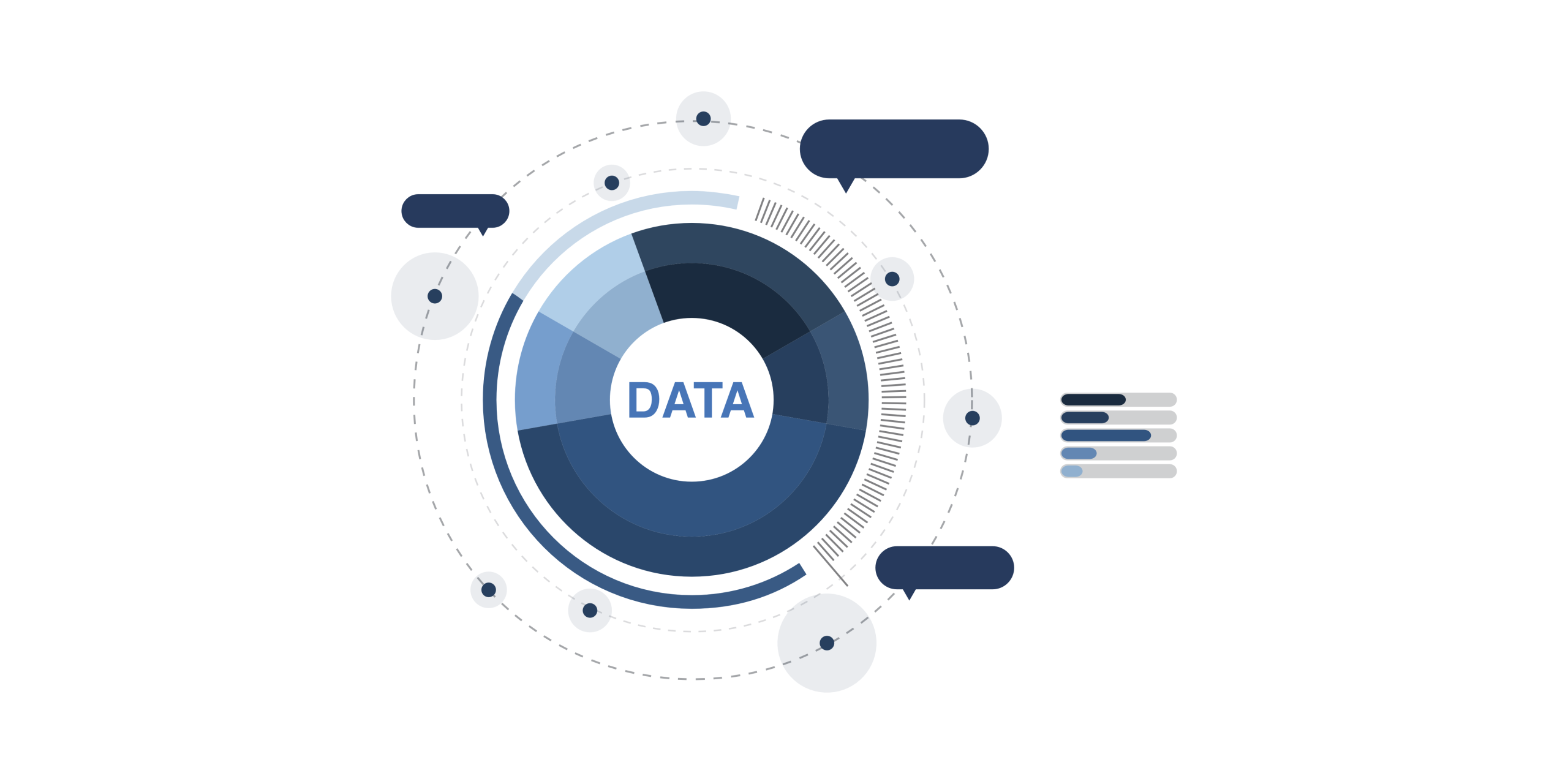
Review of the information in the administrative register and the website of the public administrations

Introducing measures to enhance the independence of the judiciary system

Housing policy concept of Sofia Municipality
Public communications
The public campaigns that STRATEGMA designs and co-finances are part of its corporate social responsibility, an expression of its values and of the public causes that it supports.

Campaigns for promoting protection of intellectual property

Campaigns promoting the Common Agricultural Policy of the European Union
Contact information
- 18 Rakovski Str., 1202 Sofia
- (+359 2) 981 47 38
- agency@strategma.bg
Follow us
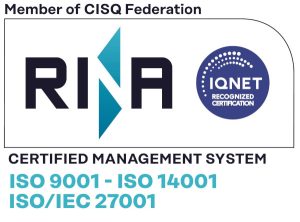
STRATEGMA Agency maintains an Integrated Quality, Information Security and Environmental Management System in accordance with:
Quality, information security and environmental policy.
